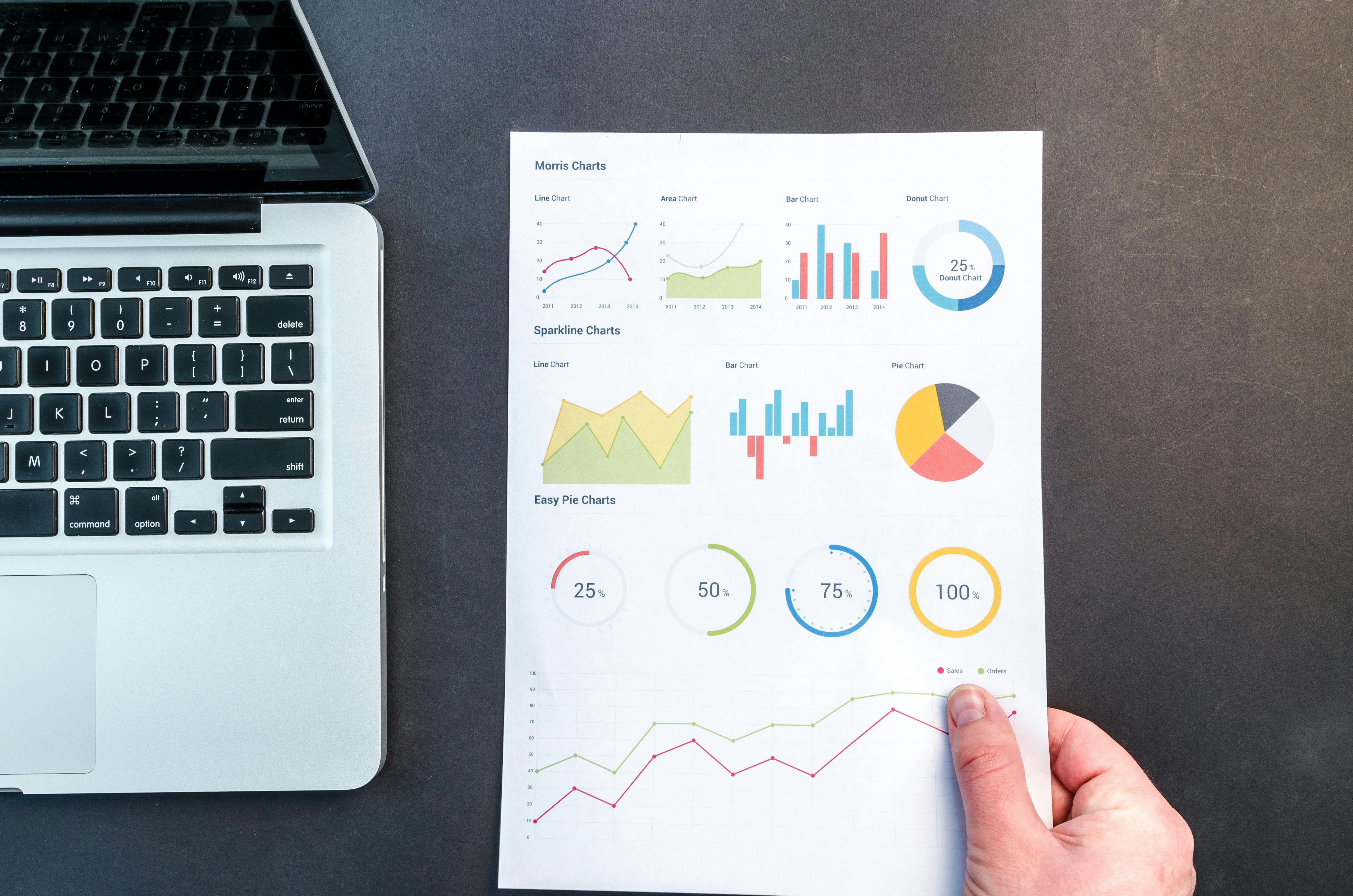Why Digital Marketing is Essential for Businesses in 2025
16 March 2025 · 4 min read
In 2025, digital marketing is no longer optional - it's essential. With evolving consumer behaviours, AI-driven personalisation, and mobile-first expectations, businesses must embrace digital strategies to stay competitive, reach their audience effectively, and drive real growth.

The digital landscape has evolved more rapidly than anyone could have foreseen. In 2025, the rules of engagement have fundamentally changed. Businesses that neglect digital marketing do so at their own risk. With customer expectations rising, digital platforms proliferating, and attention spans shrinking, a strong digital presence is no longer a luxury. It’s the foundation of sustainable business growth.
The Age of Digital-First Consumer Behaviour
Today’s consumers live online. Whether they’re searching for products, researching services, reading reviews or comparing prices, they’re doing so via digital channels. Over 70% of purchase journeys now begin with a search engine, and the average individual spends more than six hours per day on the internet. If your business isn’t visible where your audience is already looking, you’re simply not part of their consideration set.
In 2025, digital marketing ensures your brand is found, remembered, and trusted across the platforms that matter most - from Google and Instagram to TikTok and LinkedIn.
Why Traditional Methods Alone No Longer Work
The days of relying on newspaper adverts, flyers, or even static websites are behind us. Traditional marketing is one-way and passive - digital marketing is two-way, dynamic, and responsive. Today’s customers expect real-time engagement, personalised experiences, and brands that understand and react to their needs promptly.
With tools such as automation, AI-driven analytics, and CRM integrations, businesses can now track user behaviour, adapt campaigns instantly, and connect with their audience more efficiently and affordably than ever before.

Data is the New Currency... And Digital Marketing Makes the Most of It
Every click, search, like, and share tells a story. In 2025, businesses that invest in data-driven digital marketing enjoy a major competitive edge: they can understand customer intent often before the customer explicitly communicates it.
With advanced analytics, brands can:
- ✔ Identify high-converting channels
- ✔ Allocate ad spend more effectively
- ✔ Personalise content and offers
- ✔ Refine their services or products
- ✔ And ultimately make smarter, more strategic decisions that yield higher returns
Building Trust Through Content and Authenticity
In a time where audiences are increasingly sceptical of polished advertising and sales jargon, content marketing is your opportunity to build trust. Informative blog posts, behind-the-scenes videos, user-generated content, and honest testimonials portray your business as helpful, authentic, and human.
In 2025, businesses that prioritise value-first content and compelling storytelling are the ones gaining long-term loyalty. Your content strategy should not be solely for SEO - it should foster relationships.
Visibility Where It Matters: SEO and Social
Search engine optimisation (SEO) remains a core pillar of digital marketing. Google’s algorithms are more advanced than ever in 2025, favouring sites that offer high-quality content, quick loading speeds, mobile responsiveness, and great user experience.
At the same time, social media has evolved into a transactional space. Platforms like Instagram, TikTok, and LinkedIn are no longer just for branding - they’re also direct sales and customer service channels. With in-app purchases, live shopping features, and AI-powered messaging, social media marketing is directly linked to revenue.
The Rise of Voice Search, AI, and Automation
Nearly 30% of all online interactions are now conducted via voice search. Businesses that optimise their digital content for conversational queries and local intent are seeing tangible growth in organic traffic.
Meanwhile, AI enables brands to deliver personalised experiences at scale. Whether it’s chatbots providing customer support or machine learning tools for ad targeting, automation empowers small teams to achieve big-business results - without the overheads.
Mobile-First - No Longer Optional
With over 60% of global web traffic coming from mobile devices, designing for mobile is no longer an afterthought. In 2025, digital marketing must be mobile-first from the outset: fast-loading pages, clean responsive design, streamlined forms, and content that displays perfectly on any device.
If your email campaigns, landing pages, or website don’t function flawlessly on mobile, you're likely losing potential leads before they’ve even had the chance to engage.
Digital Marketing Builds Business Resilience
The events of 2020 taught many businesses a hard truth: change is often sudden. Organisations with digital marketing strategies in place were able to pivot quickly—launching new offerings, adapting their messaging, and connecting with customers through new channels.
In 2025, the agility of digital marketing remains a business’s strongest defence against uncertainty. Whether it’s reacting to market trends, responding to algorithm updates, or staying ahead of new competitors, digital platforms allow you to adapt in real time.
The Bottom Line: Digital Isn’t the Future - It’s the Now
Digital marketing is no longer just a strategy - it’s a vital part of how successful businesses operate, grow, and compete.
Whether you’re a local business or a global brand, your ability to attract, convert, and retain customers depends on your digital presence. Those who invest in digital marketing in 2025 won’t just keep up—they’ll lead.
Inspired by this article?

